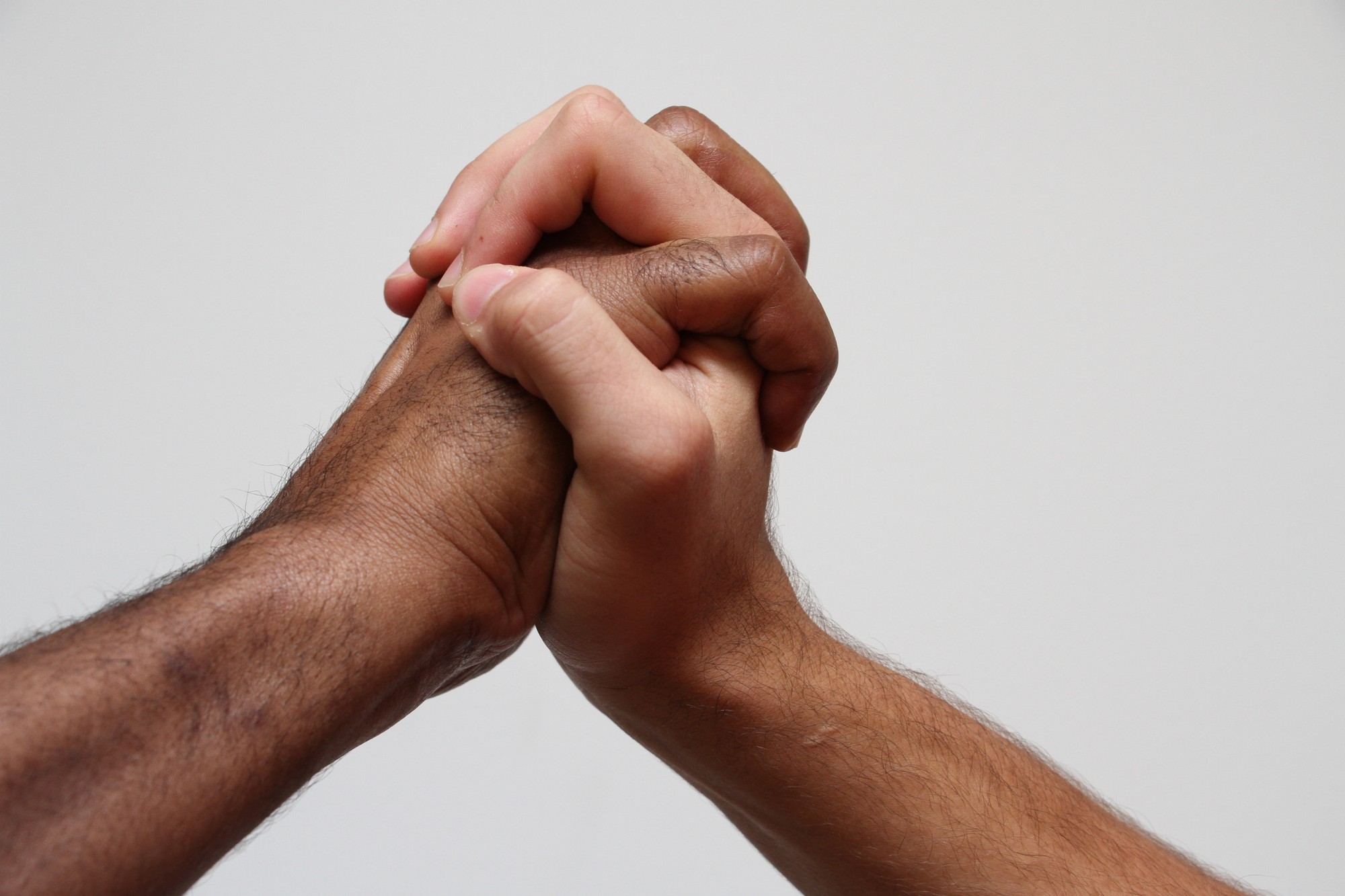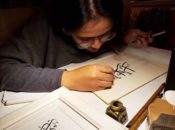The viral video of a Minneapolis police officer killing George Floyd on May 25 changed the world. Protests against systemic racism and injustice toward Black people took place on every continent.
The peaceful protests downtown Ottawa on June 5 echoed the message that it was time for change.
For students at the University of Ottawa, the conversation is still ongoing with the recent heated debate over a part-time professor using the N-word as part of a teaching lesson on Sept. 23, as reported in the Fulcrum.
As students, we have the ability to make a difference in our community. We are all being called to change and look at what we can do to become better and more active in our community. So, where do we begin?
This how-to article is not a checklist, but a guide to help those searching to strive for better.
LISTEN & LEARN
Babacar Faye, president of the University of Ottawa Students’ Union, says the best place to start is listening to the marginalized community’s perspective and uplifting them in any way we can.
“When talking to students the feedback we get mostly is that it’s a constant conversation that we have. So, when it comes to inclusivity, we’re always trying to do better and try to include more students,” he says. “One thing we’ve realized and recognized is that our institutions are very not inclusive.”
Without listening and learning, he says we will always face opposition.
“It [fear] comes in a way of ignorance,” says Faye. “Not in a bad way of course, but just ignorance in the way that when you don’t have that information, you don’t know.”
The University of Ottawa Students’ Union website is a great place to start getting educated on the Black community’s struggle against systemic racism and discrimination. They supply links to resources for Black students such as mental health services, and as well as resources for all students to get educated such as links to books, podcasts and videos.
REMOVE THE FEAR, EMBRACE CONNECTION
Even once we have listened and learned, there can still be a fear of messing up. The false pressure of perfection can overwhelm people and can create a barrier to prevent change from happening. No one is asking people to be perfect; they’re asking people to be fair and empathetic.
Change is not something that happens without discomfort.
“I think rather than being like, I can’t do something because I don’t know everything, it’s like I don’t know everything,” says Quinn Blue, Algonquin College’s Wellness and Equity Centre coordinator. “I’m never going to know everything. What am I going to do? And what do I do if I mess up? Because I probably will. We all do.”
Blue suggests approaching situations with humbleness. We are human and we are going to make mistakes, but it is how we choose to correct those mistakes that make the difference.
When confronted with an error, Blue says to ensure we don’t react with defensiveness.
Instead, thank the person for correcting you. It takes a lot of courage to correct someone and should be looked at as a gift. By whoever is giving you the correction, you now have the opportunity to do better in the future.
ACTION
Now that we have embraced listening, learning and putting our fear aside, what does action look like?
Action looks different for everyone. It is versatile and all of it is valuable.
The book So You Want to Talk About Race by Ijeoma Oluo gives a great starting point to action. Although it is written for Americans, a lot can apply to us as Canadians.
Vote at your local election. Your voice and vote matters. Oluo says to demand racial justice as a priority of your politicians and city councillors if they want to receive your vote. Also, help put people of colour into these roles so they can advocate diversity and inclusion in the community.
Witness and maintain accountability. “If you are a white person and you see a person of colour being stopped by police, if you see a person of colour being harassed in a store: bear witness and offer help, when it is safe to do so,” says Oluo. By doing this, you are creating accountability and potentially force thought before action.
Support your local businesses owned by people of colour.
Students and parents of students can request diversity from universities and colleges from educational content to staff.
Ask the city and mayor what they are doing about police reform. Everyone should feel safe in their community.
“Ask a lot of questions,” says Faye. “It helps your institution to understand what’s missing and what they need to do.”
To have students actively engaging with their student union is valuable, says Faye.
REPEAT
The beauty of inner change is that it is constantly evolving. Change is constant. It is not a one-step process.
We need to continue to push our understanding of issues surrounding race and culture, and take up opportunities of action, big or small.
Together as students, we have the ability to make a difference in our community.



